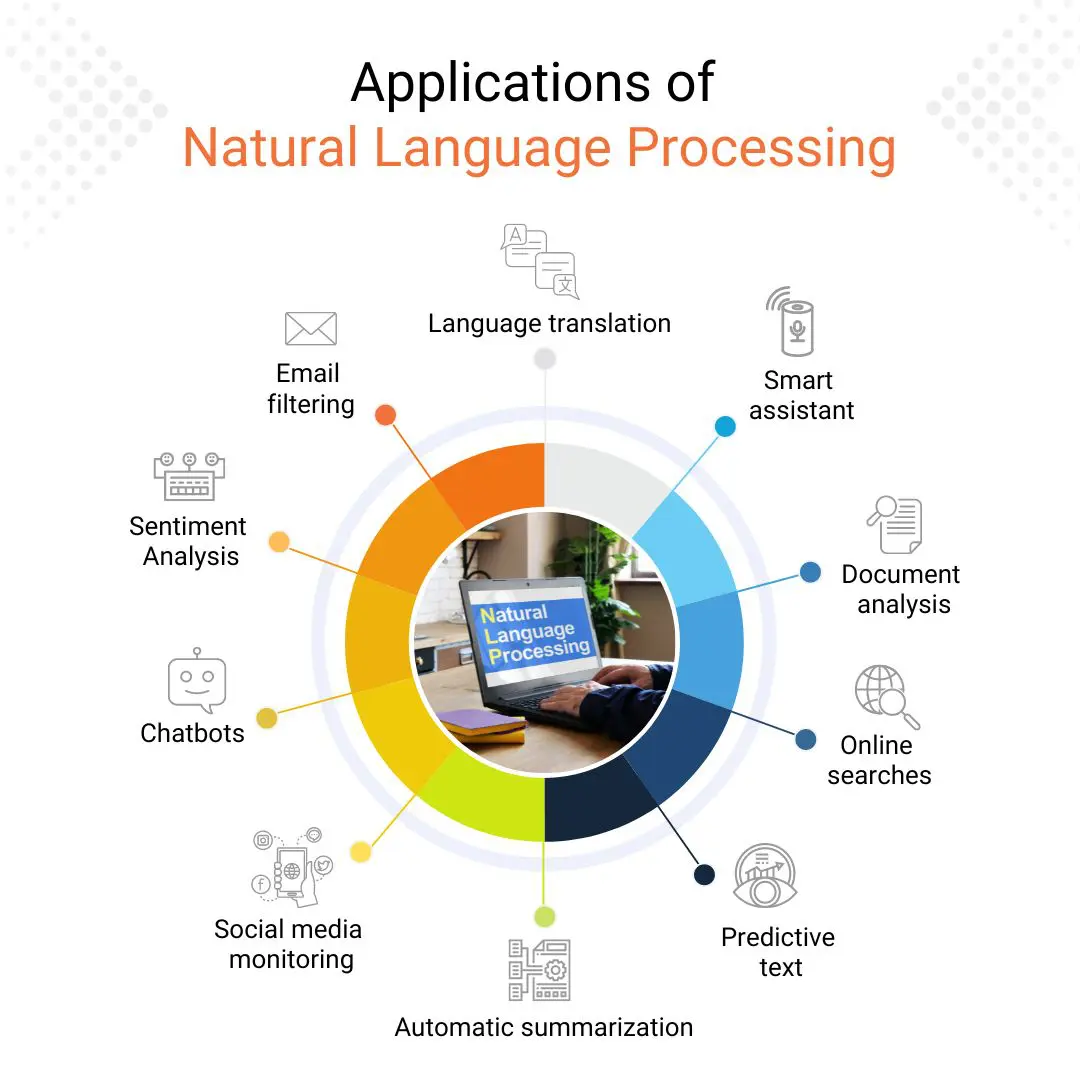Unlocking the Power of Natural Language Processing: A Journey into the World of NLP
Introduction
In our digital age, the vast amount of text data generated daily is nothing short of overwhelming. From social media posts and news articles to emails and chat conversations, the text is everywhere. But what if we could make sense of this vast sea of text, extract valuable insights, and enable machines to understand human language? This is where Natural Language Processing (NLP) comes into play. In this blog, we'll take a deep dive into the fascinating world of NLP, exploring its applications, challenges, and the incredible potential it holds.
What is Natural Language Processing?
Natural Language Processing (NLP) is a branch of artificial intelligence (AI) that focuses on the interaction between humans and computers using natural language. In simple terms, NLP enables computers to understand, interpret, and generate human language in a way that is both meaningful and valuable. It is a multidisciplinary field that combines computer science, linguistics, and machine learning.
Applications of NLP
Text Analysis: NLP is widely used for text analysis tasks, including sentiment analysis, topic modeling, and language detection. Businesses leverage these techniques to gain insights from customer reviews, social media data, and customer support interactions.
Chatbots and Virtual Assistants: Chatbots like Siri and Alexa are powered by NLP algorithms that allow them to understand and respond to user queries in natural language. These virtual assistants are transforming customer service and enhancing user experiences.
Machine Translation: Services like Google Translate rely heavily on NLP to translate text from one language to another. NLP models have made significant strides in breaking down language barriers.
Information Retrieval: Search engines like Google use NLP techniques to understand user queries and retrieve relevant web pages. They analyze the semantics of the query to provide accurate search results.
Medical Diagnosis: NLP is playing a crucial role in healthcare, aiding in the analysis of medical records, extracting valuable information from patient histories, and even diagnosing diseases from medical reports.
Autonomous Vehicles: NLP helps autonomous vehicles understand and respond to verbal commands, enhancing safety and user experience.
Challenges in NLP
While NLP has made remarkable progress, it still faces several challenges:
Ambiguity: Natural language is inherently ambiguous. The same word can have different meanings in different contexts, making it challenging for machines to disambiguate.
Sarcasm and Irony: NLP models often struggle to identify sarcasm and irony, which are prevalent in human communication.
Language Diversity: The world is home to thousands of languages and dialects, making it challenging to create NLP models that work for all of them.
Privacy and Ethics: NLP models can inadvertently reveal sensitive information or exhibit biased behavior. Ensuring privacy and fairness is a growing concern.
Lack of Common Sense: While NLP models can process and generate text, they often lack a deep understanding of common-sense reasoning, which humans possess naturally.
The Future of NLP
NLP is a rapidly evolving field, and its future holds immense promise. Here are some trends and developments to watch for:
Multilingual NLP: Advancements in multilingual models are making it easier to build NLP applications that work across various languages, promoting inclusivity and global accessibility.
Better Understanding of Context: Future NLP models are expected to have a deeper understanding of context, allowing for more nuanced interactions and improved accuracy.
Ethical NLP: Research into ethical AI and NLP is on the rise, with a focus on reducing bias, ensuring privacy, and maintaining transparency in NLP systems.
Hybrid Models: Combining NLP with other AI technologies like computer vision is likely to lead to more powerful and versatile AI systems.
Conclusion
Natural Language Processing is a transformative technology with wide-ranging applications that touch every aspect of our lives. From improving customer service to breaking down language barriers and aiding medical diagnosis, NLP continues to reshape the way we interact with machines and each other. While challenges remain, ongoing research and innovation promise a future where NLP plays an even more central role in our increasingly digital world. As we journey forward, understanding and harnessing the power of NLP will be key to unlocking new possibilities in AI and human-machine interaction.

Comments
Post a Comment